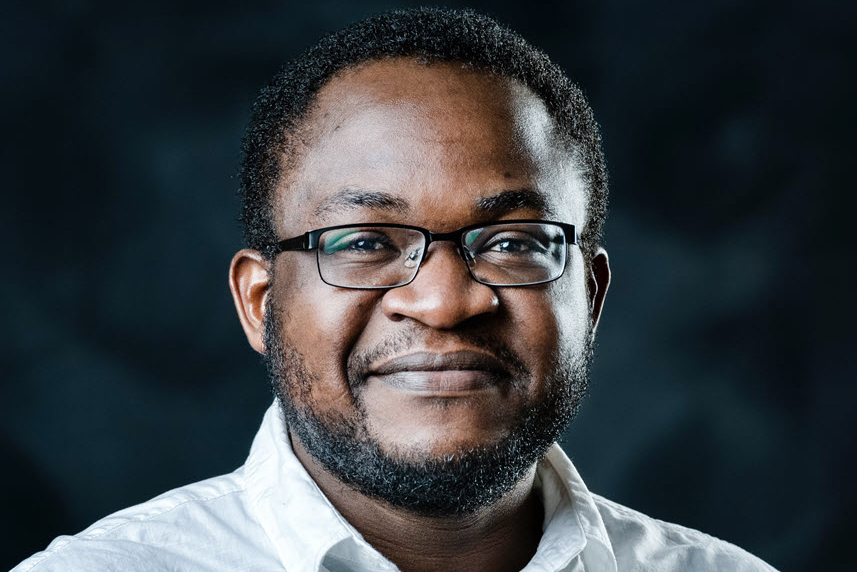Boniface Fosu Receives GRP Award to Assess Risks from Tropical Cyclone Impacts on Energy Facilities
November 15, 2023

Dr. Boniface Fosu
Assistant Professor of Meteorology and Climate Sciences
Northern Gulf Institute/Department of Geosciences
Mississippi State University
Photo by the Department of MSU Geosciences
The Gulf Research Program recently announced
four projects selected to receive a total of $5.9 million for research that improves our understanding of the effects of climate change on environmental hazards in overburdened communities.
One recipient is Dr. Boniface Fosu, Assistant Professor of Meteorology and Climate Sciences with the Northern Gulf Institute and the Department of Geosciences at Mississippi State University, and his team includes researchers affiliated with Columbia and Rice Universities. Their project is titled Assessing the Public Health Risk Due to Tropical Cyclone Impacts on Petrochemical Facilities.
Dr. Fosu's research focus has been on improving projections of extreme climate. It includes analyzing and developing attribution to extreme events using both empirical and numerical modeling techniques to infer constraints on future changes. This newly awarded project proposes a modeling framework to help scientists discern the dynamics involved with oil spills caused by damage to above-ground storage tanks from tropical cyclones and the resulting human health implications. This framework can be applied to current climate scenarios, as well as plausible scenarios of future carbon emissions.
This research topic is of particular interest to U.S. Gulf Coast communities as they are subject to a variety of natural disasters, with one of the most consequential being tropical storms. These storms' high winds, heavy rains, and water surges cause other dangerous hazards, such as the one being addressed in Dr. Fosu's project. Sadly, the communities most affected by such storms and petrochemical spills are among the poorest nationwide, lacking the capacity to deal with a wide range of health, environmental, and socioeconomic impacts that typically follow such hazards. Climate change is expected to exacerbate hazards caused by tropical storms, with the specter of more intense storms forming and leading to more frequent severe spills. Dr. Fosu and his research team hope to provide better information about the potential extent of these spills and their human health outcomes.
************
The National Academies'
Gulf Research Program is an independent, science-based program founded in 2013 as part of legal settlements associated with the 2010 Deepwater Horizon disaster. It seeks to enhance offshore energy system safety and protect human health and the environment by catalyzing advances in science, practice, and capacity to generate long-term benefits for the Gulf of Mexico region and the nation.
The
Northern Gulf Institute is a NOAA Cooperative Institute with six academic institutions located across the U.S. Gulf Coast states, conducting research and outreach on the interconnections among Gulf of Mexico ecosystems for informed decision making.
The
Department of Geosciences at Mississippi State University serves as the focal point and advocate for the earth and atmospheric sciences through national leadership in teaching, research, outreach and service. It is the only place in the state where climatologists, geocognicians, geographers, geologists, geospatial experts, and meteorologists are combined in a single location, not only in name but also in workload execution.
By
Nilde Maggie Dannreuther, the Northern Gulf Institute at Mississippi State University.
